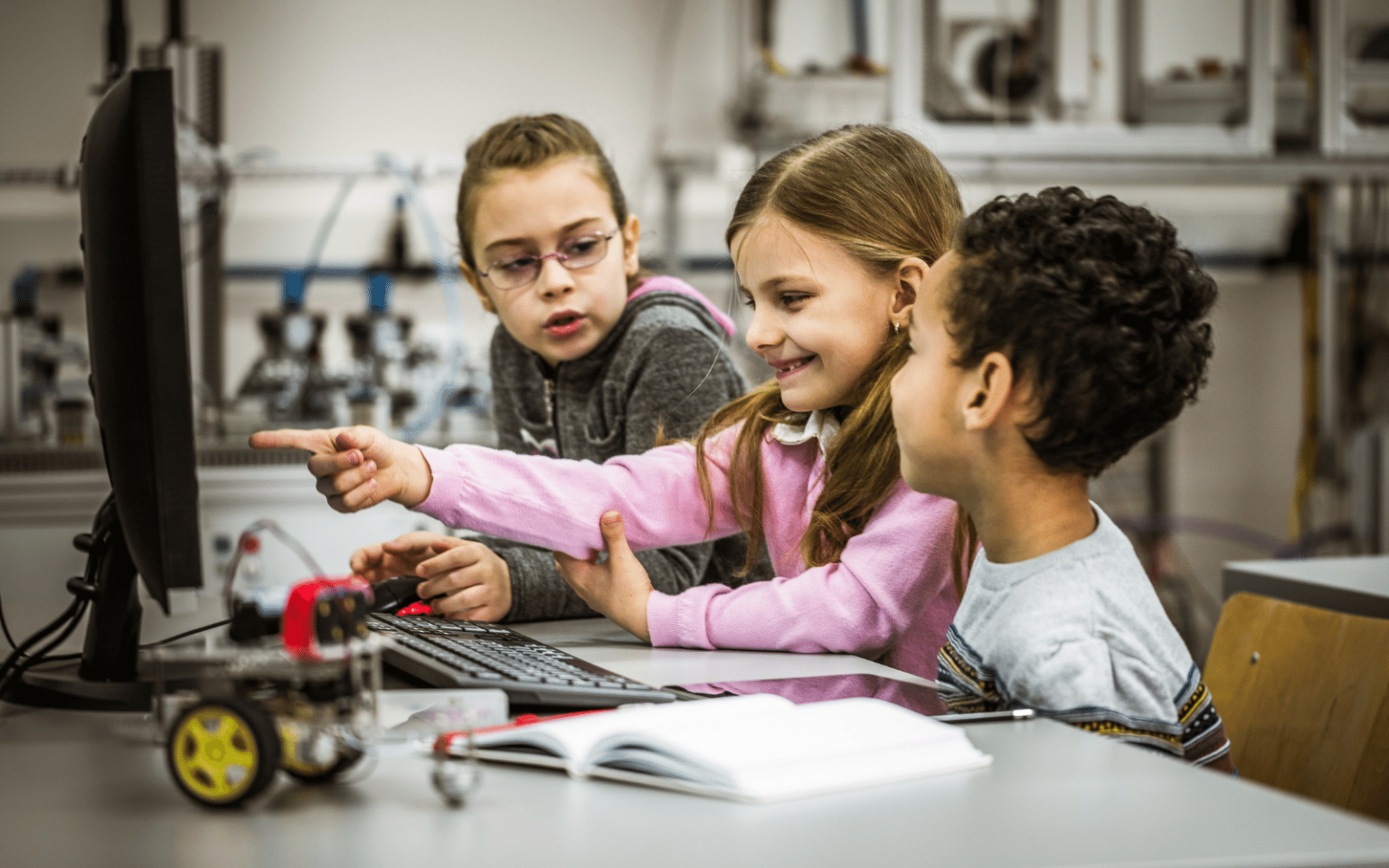NASA is scheduled to release the first images taken by the James Webb Space Telescope on July 12, 2022. They’ll mark the beginning of the next era in astronomy as Webb – the largest space telescope ever built – begins collecting scientific data that will help answer questions about the earliest moments of the universe and allow astronomers to study exoplanets in greater detail than ever before. But it has taken nearly eight months of travel, setup, testing and calibration to make sure this most valuable of telescopes is ready for prime time. Marcia Rieke, an astronomer at the University of…
Author: The Conversation
Technology has increasingly blurred the boundaries between the physical and digital worlds. This has led to dramatic shifts in daily life and changed the way children and adolescents live, socialise, move around and learn. Never before has this been so evident than at the onset of the COVID pandemic and the subsequent exponential rise in technology and internet use. Global estimates suggest that one in three internet users is a child. Digital technology exposes children to information, social connection, education, online support groups and professional help. Yet, children engaging in the digital world are also exposed to a range of threats. These include inappropriate…
It’s hard to imagine that three random words have the power to both map the globe and keep your private data secure. The secret behind this power is just a little bit of math. What3words is an app and web-based service that provides a geographic reference for every 3-meter-by-3-meter square on Earth using three random words. If your brain operates more naturally in the English measurement system, 3 meters is about 9.8 feet. So, you could think of them as roughly 10-foot-by-10-foot squares, which is about the size of a small home office or bedroom. For example, there’s a square in…
Coined in 1992 by science fiction author Neal Stephenson, the relatively obscure term exploded in popularity during the COVID-19 pandemic, particularly after Facebook rebranded as Meta in October 2021. There are now myriad articles on the metaverse, and thousands of companies have invested in its development. Citigroup Inc. has estimated that by 2030 the metaverse could be a US$13 trillion market, with 5 billion users. From climate change to global connection and disability access to pandemic response, the metaverse has incredible potential. Gatherings in virtual worlds have considerably lower carbon footprints than in-person gatherings. People spread all over the globe can gather together in…
After 27 years, Microsoft has finally bid farewell to the web browser Internet Explorer, and will redirect Explorer users to the latest version of its Edge browser. As of June 15, Microsoft ended support for Explorer on several versions of Windows 10 – meaning no more productivity, reliability or security updates. Explorer will remain a working browser, but won’t be protected as new threats emerge. Twenty-seven years is a long time in computing. Many would say this move was long overdue. Explorer has been long outperformed by its competitors, and years of poor user experiences have made it the butt…
We were promised a very near future where autonomous machines would be serving our needs and vehicle ownership would be rendered unnecessary: robots would quickly and efficiently deliver our orders and we could squeeze in a few more hours of work or sleep while being chauffeured around in self-driving cars. Progress has been made, at least, on some of this. University campuses and cities across North America have indeed witnessed the growing presence of small food-delivery robots. Likewise, new partnerships have recently been announced to develop and test the safety of self-driving trucks. The journey toward autonomous or self-driving consumer cars, on the other…
“Extraordinary claims require extraordinary evidence.” – Carl Sagan (Cosmos, 1980) This phrase is the standard that astronomers will be applying to a curious signal captured with China’s “Sky Eye” telescope that might be a transmission from alien technology. An article reporting the signal was posted on the website of China’s state-backed Science and Technology Daily newspaper, but was later removed. So have astronomers finally found evidence of intelligent found life beyond Earth? And is it being hushed up? We should be intrigued, but not too excited (yet). An interesting signal has to go through a lot of tests to check whether it truly carries the signature of…
In the early 1900s, automobiles took the streets of industrialised cities by storm, rapidly displacing horse-drawn vehicles. Fiercely contested at first, the internal combustion engine won the technological battle against electric vehicles which accounted for up to a third of vehicles on the road before declining. After more than a century of domination, the internal combustion engine age is soon to be over. The tide is turning to electric vehicles. Pushed by environmental regulations, support programmes and improving economics, electric vehicles are set to become dominant in the coming decades. As the Intergovernmental Panel on Climate Change has been reminding us, we have…
Google’s LaMDA software (Language Model for Dialogue Applications) is a sophisticated AI chatbot that produces text in response to user input. According to software engineer Blake Lemoine, LaMDA has achieved a long-held dream of AI developers: it has become sentient. Lemoine’s bosses at Google disagree, and have suspended him from work after he published his conversations with the machine online. An interview LaMDA. Google might call this sharing proprietary property. I call it sharing a discussion that I had with one of my coworkers.https://t.co/uAE454KXRB — Blake Lemoine (@cajundiscordian) June 11, 2022 Other AI experts also think Lemoine may be getting carried away, saying systems like LaMDA are simply pattern-matching…
Hearing aids are essential for people with hearing loss. But hearing aids have an Achilles heel: their power supply is expensive and environmentally unfriendly. The good news is that researchers have found an renewable, alternative energy source that might be able to power hearing aids. The energy is produced inside the ear, and harvested using an earplug embedded with sensors. My PhD project consists of modelling the deformations of the ear canal created by the movements of the jaw. My results will contribute to a better evaluation of the energy that might come from these deformations. The problem with hearing…










